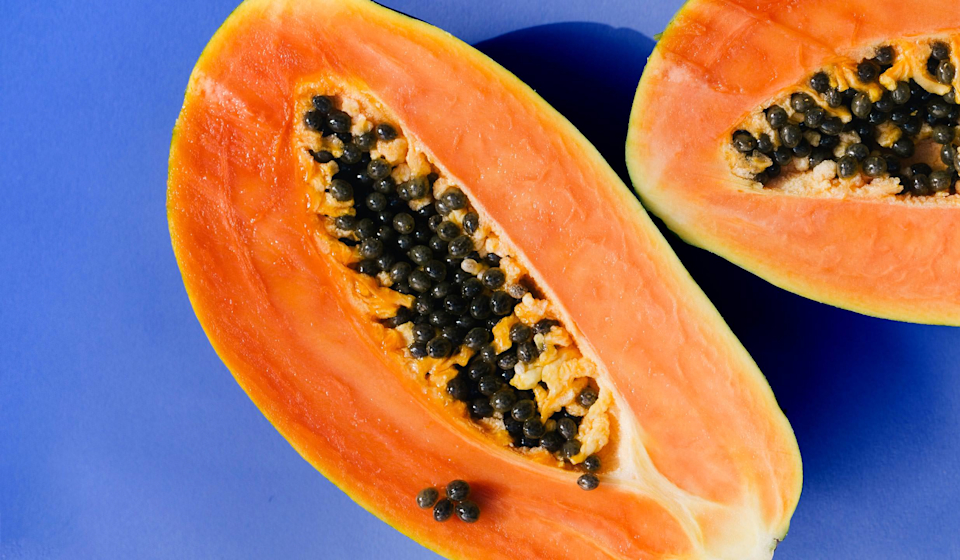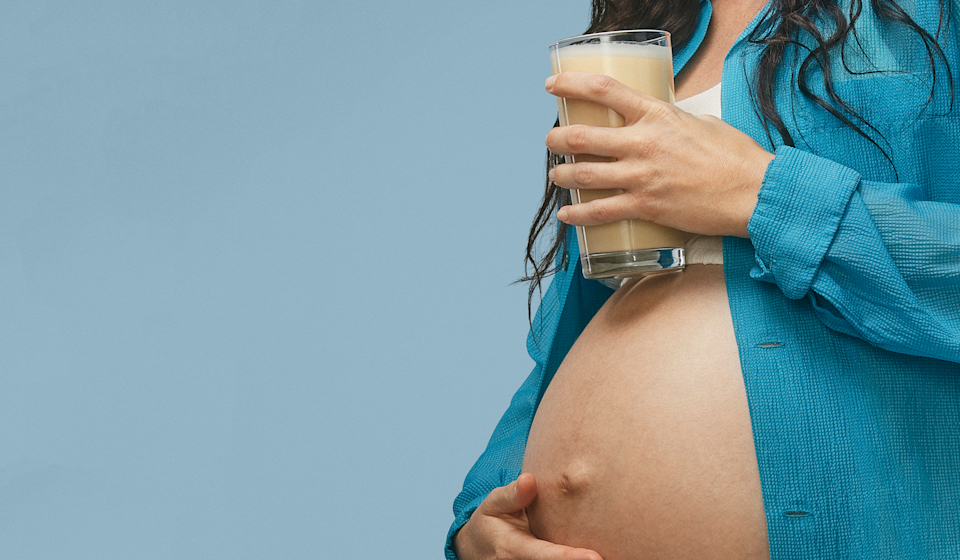Essential Takeaways
• A prenatal multivitamin can be a great way to support the body and nutrient needs, both before and during pregnancy.*
• But how do you find the right prenatal out there? Here’s what to look for in a prenatal multivitamin before adding to cart.
Pregnancy can be an exhilarating time—but for many, it can also feel equally mystifying, especially when it comes to determining how best to support our body and nutrient needs, both before and during pregnancy.*
A great place to start is with a prenatal multivitamin. (As a general rule of thumb, consider taking prenatal multivitamins when you’re thinking, trying, and when it’s time.) Having said that, starting a new dietary supplement—especially one intended to lend nutrient support for pregnancy—can often come with a multitude of questions: How do you find a high-quality formula? (Keep reading.) What key nutrients should you look out for? (Scroll on.) Is it OK to take a prenatal if you’re not pregnant, and if so, when is the best time to start? (Yes, and we think three months ahead of time is a solid benchmark to aim for.)*
Not to worry—to help take the guesswork out of the process, we’ve compiled what to look for when choosing a prenatal multi, so you can focus less on the minutiae, and more on what matters: enjoying this exciting new chapter.
Look For: Key Nutrients in Bioavailable Forms*
The reason this is important is because there should be a clear indication regarding the support from the prenatal, along with the extent to which the brand relies on science to inform the formulation.* (If this information isn’t provided upfront, or you’re having trouble discerning whether or not it was made with such considerations in mind, you may want to pass altogether and opt for a brand that embraces transparency in plain sight.
Bioavailability refers to the degree to which a substance becomes available to its intended biological destination(s). (1) With that in mind, it makes sense that a prenatal is only as good as its key nutrients that are bioavailable. After all, if important vitamins and minerals are present, but they’re not in forms that the body can use, we may not be reaping the full spectrum of nutritional support.*
When it comes to supporting nutrient needs during pregnancy, sometimes it pays to be picky—especially when it comes to a prenatal. Be on the lookout for these 12 clinically-studied nutrients—omega-3 fatty acids (we use omega-3 DHA from vegan algal oil), vitamin B12, choline, iodine, biotin, vitamin D, iron, boron, vitamin E, vitamin K2, magnesium, and folate—and don’t be afraid to ask the brand how it approaches the formulation process. (You’ll notice we left out calcium and vitamin C from that list because we believe “less is more” when it comes to vitamins).*
Folate, for example, is a major player during pregnancy; it’s an essential nutrient that supports neural tube development and contributes to the formation of red blood cells, along with a host of other functions.* (If you’re wondering how much to look for, we’ve got it covered.)
Since folate is an essential nutrient, it’s found in most prenatal supplements—but not always in the folate form: All five best-selling prenatal multivitamins use the synthetic form of folate, also known as folic acid†. Essential Prenatal, on the other hand, utilizes 5-MTHF, a bioavailable form of folate.*
†Based on the top 5 US prenatal multivitamin brands by 2019 & trailing 12 month retail sales (through April '20)
Look For: A Delayed-Release Capsule Design
Take a closer look at your capsule: Some multis tend to break down earlier, in more sensitive areas of the stomach, which means that prenatal multivitamin might start to mingle with harsh stomach acids. That could impact nutrient absorption and vitamin burps. Not exactly a winning combo. Instead, look for a delayed-release capsule, which is designed to dissolve later, in the small intestine. That way you’ll hopefully feel a little better.*











